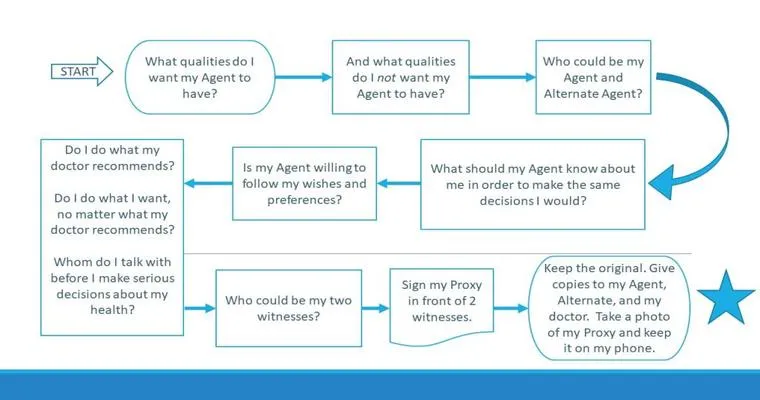Making a decision about a "Do Not Resuscitate (DNR)" order for an elderly "dementia patient" can be an emotionally challenging and complex process. Understanding the nuances of dementia, the patient’s overall health, and their wishes is crucial when considering such a significant decision. This article aims to provide guidance on when it might be appropriate to enter a DNR order for someone suffering from dementia.
As dementia progresses, the patient may experience a decline in their "cognitive function", physical health, and quality of life. This decline raises ethical questions about medical interventions, particularly in emergency situations. To assess whether a DNR order is appropriate, several factors should be evaluated.
First, consider the "patient's overall prognosis". If the dementia has reached an advanced stage, where the individual is experiencing severe cognitive impairment and other health issues, resuscitation efforts may not lead to a meaningful recovery. In such cases, the focus may shift from prolonging life to ensuring comfort and dignity.
Next, reflect on the patient’s "wishes and values". If the individual has previously expressed a desire to avoid aggressive medical interventions, this should be taken into account. Engaging in open conversations with family members and healthcare providers can help clarify the patient's preferences, ensuring that their wishes are respected.
Additionally, consider the "quality of life" that the patient is currently experiencing. If resuscitation would likely result in prolonged suffering or a diminished quality of life, a DNR order might be more appropriate. The goal should be to prioritize the patient's comfort and dignity rather than simply extending life at all costs.
Consulting with healthcare professionals can also provide valuable insights. Physicians, palliative care specialists, and social workers can help evaluate the medical condition and guide families through this difficult decision-making process. They can provide information about the likely outcomes of resuscitation efforts and support families in aligning their decisions with the patient’s best interests.
Finally, legal and ethical considerations must be taken into account. In many jurisdictions, a DNR order requires proper documentation and may need to be discussed with legal representatives or healthcare proxies. Ensuring that all necessary steps are taken can help avoid complications and ensure that the order is respected.
In conclusion, deciding on a "Do Not Resuscitate" order for an elderly "dementia patient" involves careful consideration of the patient’s health, wishes, and overall quality of life. Engaging in discussions with loved ones and healthcare professionals can provide clarity and support during this sensitive time. Ultimately, the goal should be to honor the patient’s preferences and provide compassionate care that prioritizes their dignity and comfort.





